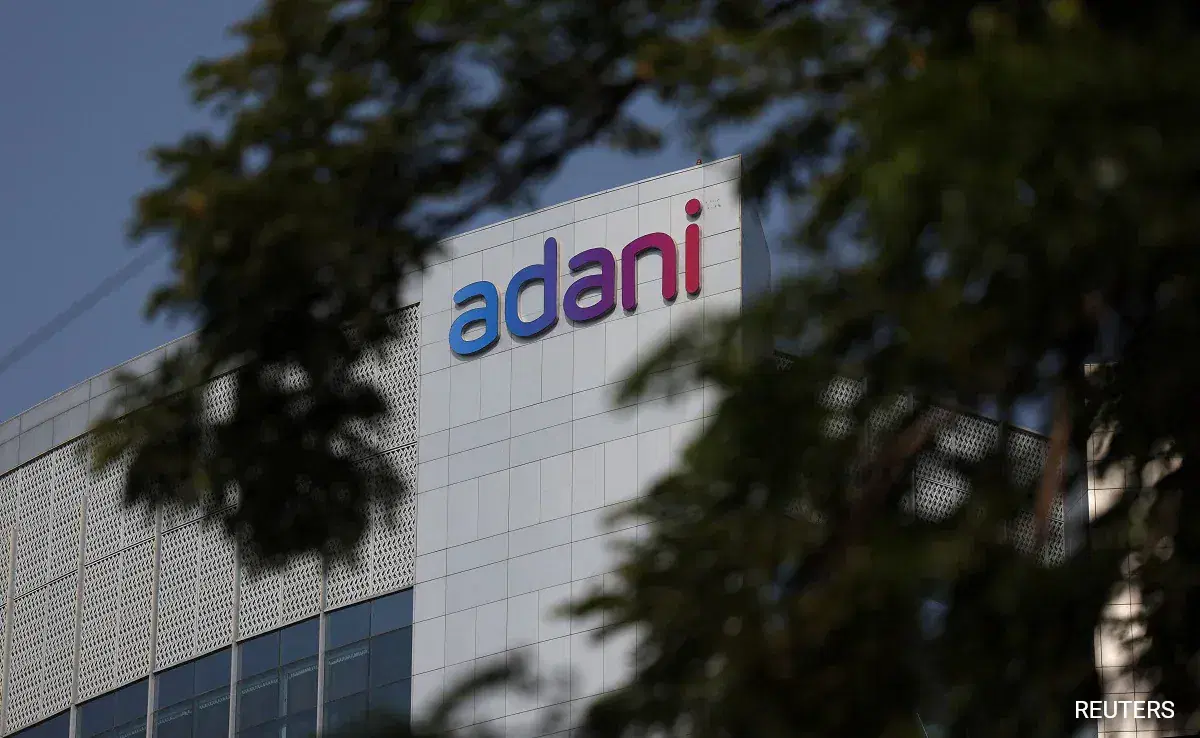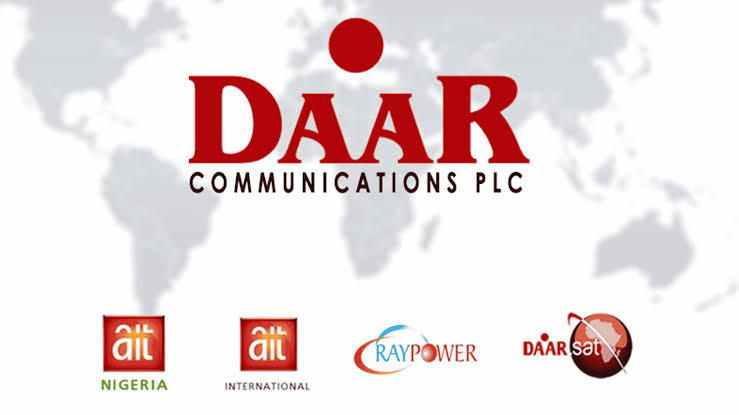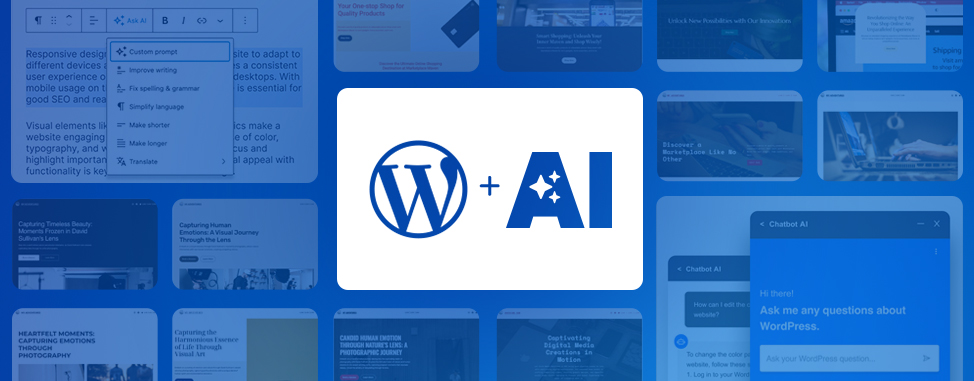Meta trained some of its new Meta AI virtual assistant using publicly available Facebook and Instagram posts, the company’s chief policy officer disclosed in an interview with Reuters.
However, he claimed that in order to preserve customers’ privacy, private posts shared just with family and friends were not included.
In addition, Meta took steps to remove private information from publicly available datasets used for training the model and did not use private chats on its messaging services as training data, according to Meta President of Global Affairs Nick Clegg, who was speaking this week on the sidelines of the company’s annual Connect conference.
“We’ve tried to exclude datasets that have a heavy preponderance of personal information,” Clegg said.
He used LinkedIn as an illustration of a website whose material Meta chose to purposefully avoid using due to privacy concerns.
At Meta’s annual products conference, Connect, CEO Mark Zuckerberg presented the company’s first consumer-facing AI tools on Wednesday. The most notable of them was Meta AI. Unlike previous conferences, which concentrated on augmented and virtual reality, this year’s event was dominated by discussions about artificial intelligence.
The business’s strong Llama 2 large language model, along with a brand-new model called Emu that creates visuals in response to text inputs, were used to create the personal assistant by Meta, according to the company.
The product will have the ability to produce text, audio, and visual content and will have real-time information access thanks to a collaboration with Microsoft’s Bing search engine.











